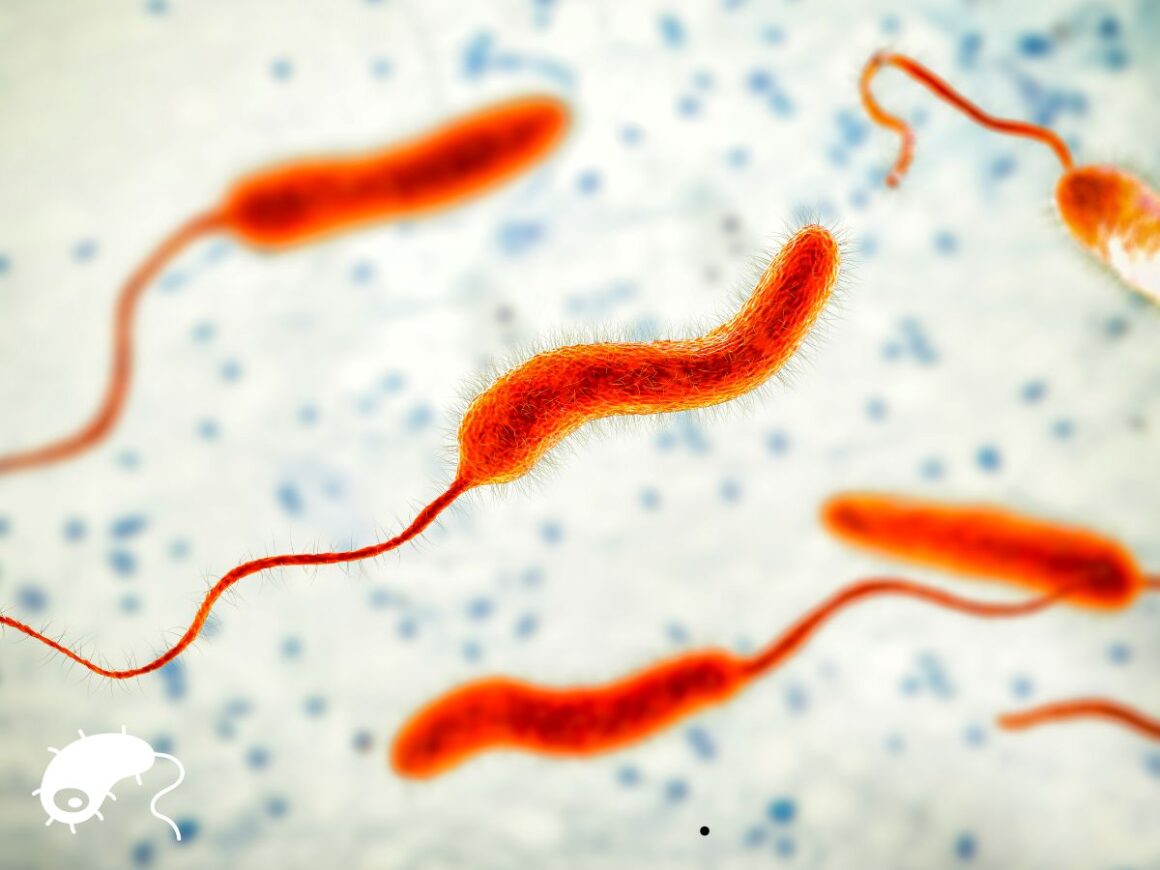Cholera, a highly contagious bacterial infection, has recently appeared in parts of Kerala and Gujarat, causing worry among health authorities and locals. This article explains the symptoms, treatments, and prevention methods for addressing the outbreak.
Cholera Symptoms: Early Detection is Key
One major difficulty in fighting cholera is its quick symptom onset, leading to severe dehydration and possibly death if untreated. Common signs include heavy watery diarrhea, vomiting, and muscle cramps. It’s vital to spot these symptoms early and get medical help quickly to avoid complications.
Cholera Treatment: Restoring Fluids and Electrolytes
The main approach to cholera treatment is rehydration therapy to replace fluids and electrolytes lost due to diarrhea and vomiting. For mild to moderate cases, oral rehydration solutions often suffice, while severe cases might need intravenous fluids and antibiotics. Early treatment is crucial for better patient outcomes and lowering complication risks.
Prevention Steps: Staying Safe
Preventing cholera involves multiple strategies like ensuring clean water access, promoting good sanitation, and raising public awareness. Boiling or treating water, practicing good hand hygiene, and avoiding contaminated food are key steps. In high-risk areas, vaccinations might also be recommended for extra protection.
Public Health Response: Controlling the Spread
In Kerala and Gujarat, health authorities are taking steps to control the cholera outbreak. They are conducting surveillance to find new cases, treating affected people, and educating the public on prevention. Working together—government agencies, healthcare providers, and local communities—is essential in managing the outbreak.
Community Efforts: Empowerment Through Education
Community involvement is key in preventing cholera and promoting health. By encouraging people to follow hygiene practices, seek timely medical help, and join vaccination drives, communities can collectively reduce cholera and other disease burdens. Education, communication, and active participation are crucial for success.
The recent cholera outbreak in Kerala and Gujarat shows the ongoing threat of infectious diseases and the need for active public health measures. By understanding cholera symptoms, treatments, and prevention, individuals can protect themselves and their communities. Through joint efforts and community action, we can battle cholera and maintain public health.

